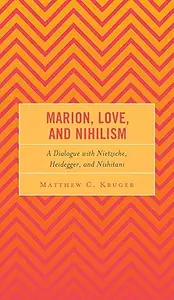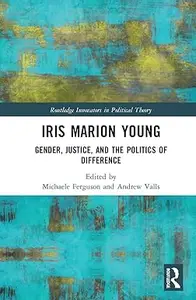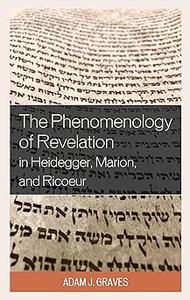
Free Download Sherry Hall, "Warren G. Harding & the Marion Daily Star: How Newspapering Shaped a President"
English | ISBN: 154022323X | 2014 | 146 pages | EPUB | 4 MB
President Warren G. Harding’s thirty-nine-year career as a newspaperman is often treated as a footnote. This book offers a unique approach to the Harding story, presenting him as he saw himself: as a newspaperman. His political successes were based on the thinking of a newspaper editor-balancing all of the facets of an issue, examining the facts and weighing the effect on the constituents. Even his approach to balancing the federal budget was built on early experience at his small, struggling newspaper, where his motto was: All paid in, all paid out, books even." The only member of the Fourth Estate to enter the White House, Harding found his voice through the pages of the "Marion Daily Star." Author Sheryl Smart Hall offers an intimate view of the man, often as seen through the eyes of those who knew him best-his co-workers at the "Star."



